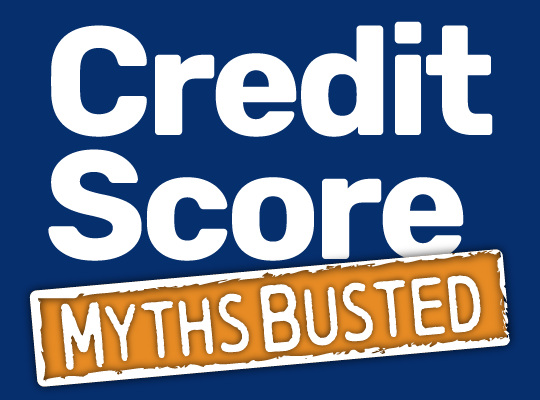5 Credit Score Myths, Debunked
 by: holli casto
by: holli casto
vp of training and development
Published 3/18/2024

1. Checking your credit score will hurt your score
There are multiple types of credit inquiries, some of them show up on your credit report and hurt your credit score while others do not. The key terms you need to understand here are hard credit inquiry and soft credit inquiry. Hard inquiries are what lenders pull when processing your loan applications, these inquiries will show up on your credit report and damage your credit report. Soft inquiries are how you can check and monitor your credit score and report without causing any harm. There are a couple of ways for you to keep track of your credit score, the first is by visiting annualcreditreport.com, which is where you can request a complete copy of your credit report from each of the three credit bureaus each year. The catch here is you can only do this once a year. There are other monitoring services that contract with one of the credit bureaus that will give you ongoing information about your credit score through a soft pull. As a P1FCU member, you have access to Credit Score through your Digital Banking that provides you with access to your credit score through Transunion.




